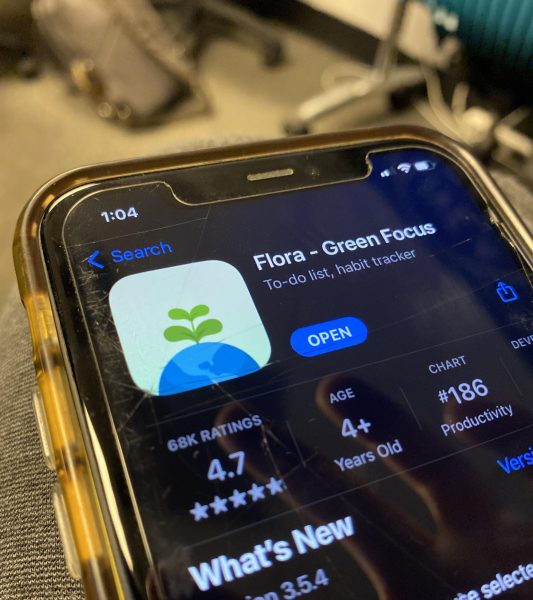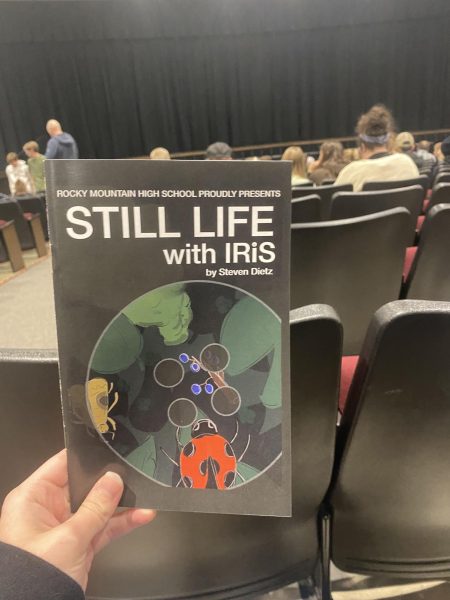Global Changes, How You Can Help From Home.
As global climates evolve, forests disappear, oceans deteriorate and animals go extinct, finding hope in today’s climate can be difficult for many people. Contrary to popular belief, there are many things you as a student can do to have an impact and change the world. Simple changes can make all the difference; climate change and global health cannot be combated by one person alone, but one person can certainly help.
Highlighted below are five areas of change where individuals can contribute.
- Reduce Your Food Waste to Affect Global Climate Change, Habitat Loss, Landfills.
As young people, many of us were told to “clean our plates” or “only take what you can eat.” As food crises advance, it is crucial for everyone to do their part when it comes to avoiding food waste. “Hunger is a condition of life for nearly 800 million people worldwide,” Paul Hawkin writes in his BestSeller.
When 800 million people are hungry, we cannot afford to be wasting food. This issue ties back into climate change via the carbon emissions resulting from food production and waste. “The food we waste contributes to 4.4 gigatons of carbon dioxide equivalent into the atmosphere each year- roughly 8% of the total anthropogenic (human produced) greenhouse gas emissions,” states Hawkins.
Fixing this problem on a smaller scale at home can be easy. Buying food/bread from the day old shelf, getting the most out of packaged foods, and using your judgment with foods that have surpassed their expiration dates (more often than not they mark “peak freshness” rather than inedibility) can make all the difference.
Composting is all around cost effective for many reasons. Not only does it impact the amount of organic waste that ends up in landfills, but it can save money spent on unnatural and inefficient potting soils with artificial nitrogen supplements. By using your own food waste you can improve the longevity of your soil’s health and the money wasted on pre-made chemically supplemented soils.
- Conserve Energy to Affect Global Climate Change, Air Quality, Nonrenewable Resources.
While this may sound like a topic bigger than you have authority over, it’s important to remember that as consumers we affect our consumptions and the product demand. One of the big things you can do as an energy user is expand your horizons and look into solar panels. They’re fairly available and can be a cost effective way to reduce your emissions.
On a smaller note, things as simple as turning off a light as you exit the room can save energy and reduce your electricity bill. Reducing your use of air conditioning and or heating when possible is also helpful, along with unplugging cords when not in use. Don’t leave the toaster plugged in if you’re not making toast.
- Conserving Water to Affect Water Pollution, Reduced Use of Non-Renewable Resources
Fresh water is a limited resource and it is very important that we as a society develop a higher responsibility to maintain it. It’s not uncommon to “preheat your shower” by letting it warm up for a bit before getting in. While that eliminates the cold chill, It can also use up hundreds of unnecessary gallons of water per year.
Leaving the sink running as you wash your hands can also be costly, especially amidst COVID19. By wetting your hands, lathering with soap, then rinsing you can substantially reduce the amount of water used.
Last but not least, finishing the water in your water bottle before dumping and refilling is an easy and overlooked way to save the planet. Obviously, if the water has things growing in it, then do not drink it. However usually it is perfectly fine to consume.
Another easy way to avoid non-point source pollution is by going to car washes. They often recycle their water and do not let it end up in gutters. When cars are washed at home, the soap residue ends up in gutters and eventually in streams or rivers. Non-point source pollution is when pollution cannot be traced to an origin.
- Reducing Fuel Consumption.
Fuel consumption is a huge worldwide crisis. Fossil fuels not only thicken the ozone layer, contributing to global warming, but can also create many forms of non-point source pollution, among other issues. The biggest contributors include cars and other motorized vehicles. Yes, electric cars use less fuel than gas powered, but this does not mean they are more eco-friendly. It takes many precious resources that are just as limited, if not more limited, than gasoline, which combats the common misconception around electric vehicles. This is why walking to nearby destinations, riding bikes, and ridesharing are all excellent solutions.
- Buying Products With A Cause.
While many of us enjoy making convenience purchases from chain stores like Target, Claire’s, and King Soopers, that does not mean it is always the eco-friendly choice. Buying goods from smaller corporations and or small businesses can have a great impact on your carbon footprint.
Stores like The Perennial Gardener (Home Decor), Robo DoCo, Curiosities, along with many others found in Old Town, Fort Collins can help to reduce your impact with locally sourced products. Most large chains create a surplus of goods that will never actually make it to cart, oftentimes these products end up in landfills. Shopping small can influence the demand for sustainable products and change your impact on the community.
These are just a few of the ways everyone can individually make a small difference in helping our planet. If everybody makes a few small changes, it really adds up. Maybe there’s one thing that you can try today!
Your donation will support the student journalists of Rocky Mountain High School - CO. Your contribution will allow us to purchase equipment and cover our annual website hosting costs.

Ella is a Sophomore at Rocky, she really enjoys hunting, fishing and just getting the heck off the couch. She aspires to work outside, specifically in...





